As the seasons change and nature blooms, so does the prevalence of allergies. Allergy season and its treatment and prevention, particularly during springtime, bring about a surge in search inquiries regarding pollen count and allergy-related symptoms. So with an increasing interest in topics ranging from pollen allergies in cats to the best remedies for allergy relief, it’s evident that individuals are seeking guidance to alleviate their discomfort. Furthermore, let’s explore the different allergy seasons, as well as the available treatments and preventive measures.
What are Allergies:
Allergies are the body’s immune system response to substances that are typically harmless to most individuals but trigger an exaggerated reaction in those with allergies. Moreover, these allergens, which are known to cause allergic reactions, encompass a broad range of substances, including pollen, pet dander, dust mites, and certain foods, among others. When an allergen enters the body, it triggers the release of histamine and other chemicals, leading to inflammation and allergic symptoms.
Physiology of Allergic Reactions:
Furthermore, the physiology of allergic reactions is characterized by a sophisticated interaction between the immune system and diverse cells and molecules within the body. When an allergen is encountered, it is recognized by immune cells known as mast cells and basophils. Additionally, these cells contain granules filled with histamine, a crucial mediator of allergic responses. Consequently, upon exposure to allergens, mast cells and basophils release histamine, which then binds to histamine receptors on nearby cells, including blood vessels, nerves and mucous membranes, thereby triggering the characteristic symptoms of an allergic reaction.
Furthermore, histamine initiates a series of events that culminate in the typical symptoms of allergies, such as itching, sneezing, nasal congestion and hives. Additionally, it prompts blood vessels to dilate, which in turn leads to increased blood flow and leakage of fluid into surrounding tissues, ultimately resulting in swelling and inflammation.Histamine also stimulates nerve endings, leading to sensations of itching and discomfort.
Common Allergy Symptoms:
Tachycardia:
Increased heart rate, often accompanied by a feeling of unease.
Phlegm:
Excessive mucus production leads to throat irritation and coughing.
Hives:
Urticaria commonly known as hives is a raised, itchy welts on the skin, typically caused by an allergic reaction.
Body Aches:
Generalized discomfort and muscle soreness.
Acid Reflux:
A condition where stomach acid backs up into the oesophagus, causing discomfort and heartburn.
Addressing Common Questions Regarding Allergy Season and its Treatment and Prevention:
Can allergies happen suddenly?
Yes, allergies can develop suddenly, even in individuals who have never experienced allergic reactions before.
Can allergies cause watery eyes?
Yes, allergic reactions can lead to watery, itchy eyes, along with redness and irritation.
Can allergies make you lose your sense of smell?
In some cases, severe allergies or nasal congestion can affect the sense of smell.
Can allergies cause dark circles?
Allergies can contribute to dark circles under the eyes due to inflammation and congestion.
Can allergies affect ears?
Yes, allergies can lead to ear congestion, itching and discomfort, often associated with sinus congestion.
Prevention Strategies: Allergy Season And Its Treatment And Prevention
Preventing allergy symptoms often involves minimizing exposure to allergens. Here are some strategies to consider:
Monitor Pollen Count:
Stay informed about pollen levels in your area, especially during peak allergy seasons. During peak allergy season, ragweed is a common culprit of seasonal allergies, causing symptoms such as sneezing, runny nose, and itchy eyes for many individuals.
Keep Indoor Air Clean:
Use air purifiers to reduce indoor allergens such as dust, pet dander and mould spores.
Maintain Cleanliness:
Regularly clean your home, including vacuuming carpets, washing bedding in hot water, and dusting surfaces.
Limit Outdoor Exposure For Allergy Season And Its Treatment And Prevention:
On high pollen days, try to stay indoors as much as possible, particularly during the early morning hours when pollen counts are highest.
Close Windows and Doors:
To prevent allergens from entering your home, keep windows and doors closed during peak pollen seasons.
Allergy Treatment Options For Allergy Season And Its Treatment And Prevention:
When prevention strategies alone are not sufficient to alleviate symptoms, various treatment options are available:
Over-the-Counter Medications For :
Antihistamines, decongestants, and nasal sprays can help alleviate allergy symptoms such as sneezing, itching, and congestion.
Prescription Medications For Allergy Season And Its Treatment And Prevention:
In cases of severe allergies, prescription medications such as corticosteroids or immunomodulators may be prescribed to reduce inflammation and immune system responses.
Allergy Shots (Immunotherapy):
Allergy shots involve regular injections of allergens to desensitize the immune system over time, reducing the severity of allergic reactions.
Sublingual Immunotherapy (SLIT) For Allergy Season And Its Treatment And Prevention:
Similar to allergy shots, SLIT involves placing allergen extracts under the tongue to gradually build tolerance to specific allergens.
Nasal Irrigation:
Using a saline solution to rinse the nasal passages can help remove allergens and relieve congestion.
Natural Remedies For Allergy Season And Its Treatment And Prevention:
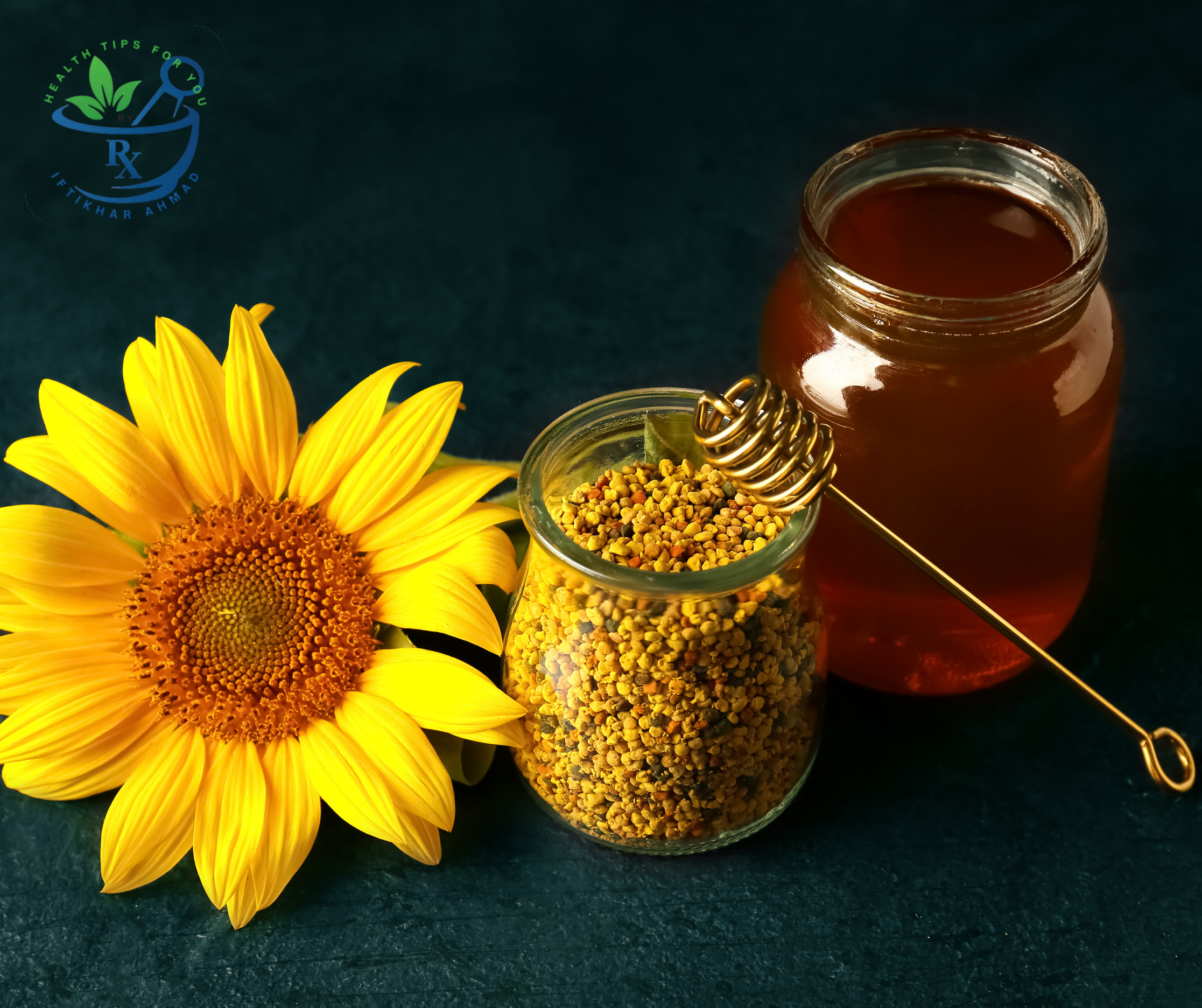
In addition to conventional treatments, some natural remedies may offer relief from allergy symptoms:
Local Honey For Allergy Season And Its Treatment And Prevention:
Consuming local honey may help desensitize the body to pollen allergens over time.
Quercetin:
A natural compound found in certain foods, quercetin has anti-inflammatory properties and may help reduce allergy symptoms.
Butterbur:
Extracts from the butterbur plant have been shown to alleviate allergic rhinitis symptoms, including congestion and sneezing.
Nasal Lavage For Allergy Season And Its Treatment And Prevention:
Using a saline solution to rinse the nasal passages can help remove allergens and reduce inflammation.
Herbal Teas For Allergy Season And Its Treatment And Prevention:
Certain herbal teas, such as chamomile or peppermint, may have anti-inflammatory properties and provide relief from allergy symptoms.
Conclusion:
Allergy season and its treatment and prevention can be challenging for many individuals, but with the right knowledge and strategies, it is possible to manage symptoms effectively. By understanding common allergy triggers, implementing prevention strategies, and exploring various treatment options, individuals can enjoy a healthier and more comfortable lifestyle, free from the burden of allergy symptoms. Remember to consult with a healthcare professional before starting any new treatment regimen, especially if you have underlying health conditions or are taking medications. With proactive management and support, allergy season can be navigated with ease, allowing you to fully embrace the beauty of each season without discomfort or interruption.


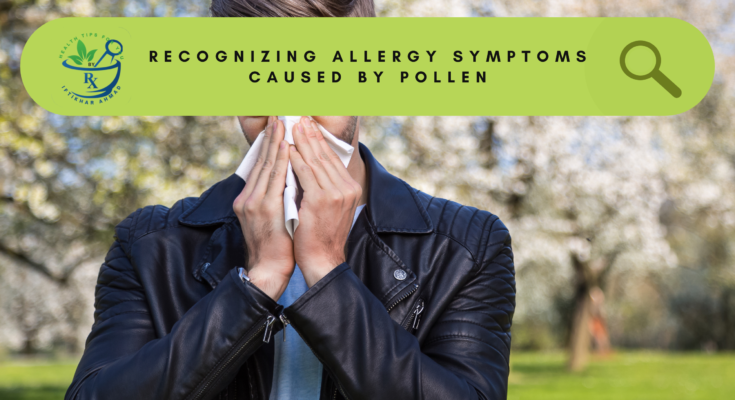
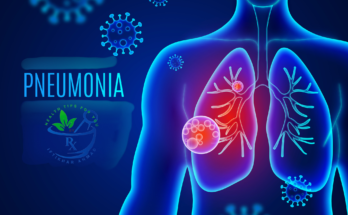
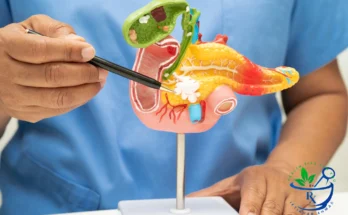
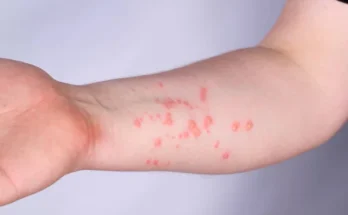
One Comment on “Allergy Season And Its Treatment And Prevention”